Microfinance has been developed to help the underprivileged in procuring financial assistance with minimal hurdles in obtaining credit. It is understood better as lower loan amounts provided for smaller business at comparatively low interest. It works with the single goal of empowering the impoverished sector of the society in enabling them to make use of more opportunities.
The application of blockchain in microfinance will disrupt the industry which will help more and more small scale industries to gain maximum benefits. Blockchain has been popular with industries ever since its introduction. One reason why industry experts are trying to introduce blockchain into microfinance is that it can help provide solutions to the problems faced by this industry. And blockchain has the essential resources and potential to tackle the issues currently hampering the functioning of microfinance.Usually Microfinance operates through other financial institutions, which can be non profit institutions or corporate banks. With a number of other organisations funding these microfinance, the primary goal of empowering small scale sectors sometimes fail to register. The other documentation processes will also have to go through a long process that mostly microfinances have failed to live up to their goal.
Problems plaguing Microfinances
Some of these microfinances are not financial institutions. They would be societies which operate through other financial institutions like NBFCs or corporate banks. This can result in high transaction costs with higher interest rates which has to be borne by the customer.The KYC processes can also take a huge time due to the borrowers being located in remote areas, and the lack of personnel to do the verification, which again is a big hindrance slowing down the process and putting down the morale of the customers.Most of the borrowers fail to produce a credit history, which prevents banks from evaluating their credit worthiness. Another major stumbling block is the lack of transparency. The lender is not aware of the borrowers and vice versa. The organisations in between would be the agencies verifying the credibility of the borrower, which in most of the cases may not be compliant with the lending party.
Blockchain as a solution
Blockchain technology can help create a digital lending identity or a ledger with the borrowers economic histories providing for a credit history for those who does not have one. This can be used to assess credit worthiness. They use land records, business registration documents and other trust networks to verify the credit worthiness of the borrowers. This has been implemented in some of the developing countries.A typical example of this has been implemented with ‘Twiga Foods’, which is an agricultural marketplace in Kenya. They have employed blockchain technology to keep track of transactions done by local farmers who sells their products to local vendors through the platform. Thus the data collected from these transactions will go into the credit history of the farmers that can aid them in availing credits.With Blockchain emphasizing on increasing transparency it can make a significant difference in helping reduce the rate of interest borne by the people in return for availing financial services through decentralization. Creating a digital identity can also ensure efficient repayment of loans with making it more accessible through smart contracts. The blockchain smart contract availability allows financial organizations create a bond based on the terms and conditions specified for repaying the debt.
Challenges ahead
One reason why industry experts are leveraging blockchain is due to the fact that it is expected to be worth more than 20 billion dollars by the year 2024. The challenge lies in finding technologies that can find solutions to the problems that block the functioning of microfinance. Blockchain has immense potential to disrupt the industry and making transformations that are essential for this industry as a whole. Financial institutions that are looking to adopt blockchain technology should be prepared to embrace this new wave of technological transformation. Businesses looking to adopt blockchain technology can consult vendors for blockchain to learn about the benefits of blockchain.

